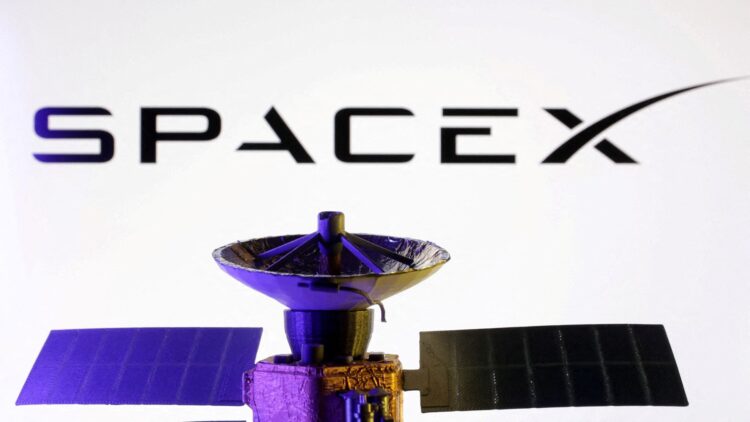By Joey Roulette, Cassell Bryan-Low and Tom Balmforth
KYIV, July 25 (Reuters)
Elon Musk makes a controversial decision regarding Starlink: he will restrict the signal in strategic areas of Ukraine. This occurred during a critical moment in the war and reignited a debate about the power of large corporations in political matters. What can we expect from this situation? Learn all the details.
Ukrainian military operation impacted by Musk’s order
During a pivotal push by Ukraine to retake territory from Russia in late September 2022, Elon Musk gave an order that disrupted the counteroffensive and dented Kyiv’s trust in Starlink, the satellite internet service the billionaire provided early in the war to help Ukraine’s military maintain battlefield connectivity. According to three people familiar with the command, Musk told a senior engineer at the California offices of SpaceX, the Musk venture that controls Starlink, to cut coverage in areas including Kherson, a strategic region north of the Black Sea that Ukraine was trying to reclaim.
“We have to do this,” Michael Nicolls, the Starlink engineer, told colleagues upon receiving the order, one of these people said. Staffers complied, the three people told Reuters, deactivating at least a hundred Starlink terminals, their hexagon-shaped cells going dark on an internal map of the company’s coverage. The move also affected other areas seized by Russia, including some of Donetsk province further east.
Upon Musk’s order, Ukrainian troops suddenly faced a communications blackout, according to a Ukrainian military official, an advisor to the armed forces, and two others who experienced Starlink failure near the front lines. Soldiers panicked, drones surveilling Russian forces went dark, and long-range artillery units, reliant on Starlink to aim their fire, struggled to hit targets.
Starlink’s weight in the war between Russia and Ukraine
In a country at war, beyond its strategic importance on the battlefield, digital autonomy is crucial. Starlink’s infrastructure has come to symbolize a weakness in this regard, as a single decision was enough to compromise entire operations and generate momentary disinformation among soldiers.
SpaceX is the first company to establish an extensive network of communication satellites in low-Earth orbit, a region of space that is closer to the planet than areas where such satellites historically reside. The proximity of satellites that now make up the company’s constellation allows Starlink to offer space-based wireless connectivity that is faster than any previously available. Starlink on Thursday suffered a rare global outage of several hours, the company said, because of an internal software problem. A Ukrainian military commander in a social media post said, “Starlink is down across the entire front,” updating the post two and a half hours later to say connectivity had returned.
What are the limits of private control?
With more than 7,900 satellites now in orbit, SpaceX has become the world’s largest satellite operator. Its devices, which relay signals among each other to create a network that communicates with the ground, account for about two-thirds of all active satellites in space, according to Jonathan McDowell, an astronomer at the Center for Astrophysics, Harvard & Smithsonian.
According to experts, the fact that a monopoly on strategic decisions is concentrated in the hands of a single company or individual poses a significant risk. SpaceX operates more than half of the planet’s active satellites, demonstrating its influence; the reach of the Starlink network has become essential in conflict zones, which could compromise and raise questions about accountability and transparency in war scenarios.
A country’s sovereignty during a war
More than a one-off failure, Musk’s decision revealed a structural problem: the future of war will be waged not only on physical ground, but also on the control of data and networks. The Starlink and Ukraine case reinforces the need to rethink the limits of private technology on a country’s sovereignty in a war scenario.

